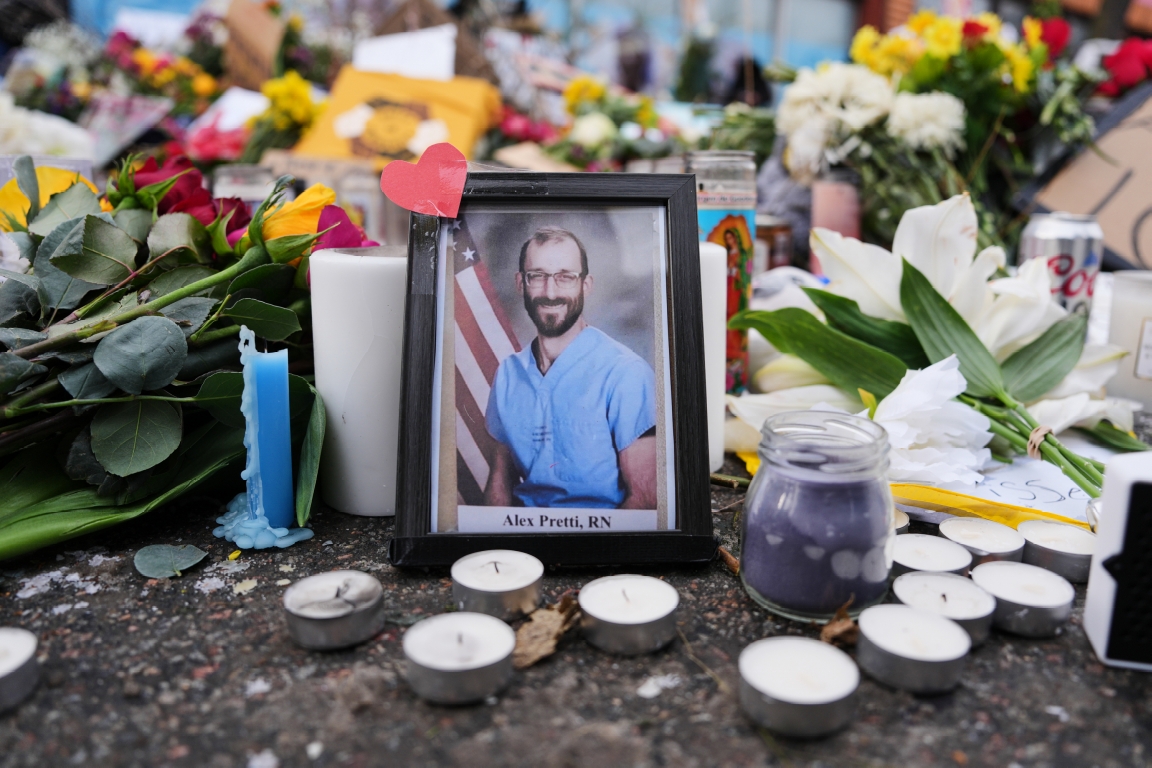
Oregon’s “Ghost Gun” Ban Challenged in Court
The Firearms Policy Coalition (FPC) filed a lawsuit on Monday against Oregon’s “ghost gun” ban, using the Bruen decision as the tool of choice to dismantle the Beaver State’s Second Amendment infringement.
The Ban
The bill, House Bill 2005 (HB 2005), was signed into law by Oregon’s Democratic Governor Tina Kotek last summer in defiance of the ruling by the Supreme Court from a year earlier. That ruling, in New York State Rifle & Pistol Association, Inc. v. Bruen, requires that any government infringing on a citizen’s right to keep and bear arms must demonstrate “that the regulation is consistent with this Nation’s historical tradition of firearm regulation.”
The Oregon law against so-called ghost guns bans “the manufacture, sale, transfer, or possession of so-called ‘undetectable’ firearms … an unserialized firearm … [or] an unserialized frame or receiver.” If allowed to become effective on September 1, it would require charging anyone violating it with a felony.
The Lawsuit
The FPC complaint declares that Americans have been free to make their own firearms without restriction since the founding of the Republic:
Throughout American history, people have been free to personally manufacture, construct, and/or assemble arms for lawful purposes, including self-defense in the home.
In defiance of this historical tradition, Oregon’s bans completely and categorically prohibit individuals … from exercising their Second Amendment protected rights from possessing, acquiring, and self-manufacturing firearms that are of types, functions, and designs, and are themselves, commonly owned and possessed firearms—self-made firearms that do not bear a manufacturer’s serial number, as well as the component parts used to build such arms—by law-abiding citizens for lawful purposes.
The complaint relies on not only Bruen to make its case, but also a study published by Joseph Greenlee of the Heartland Institute: “The American Tradition of Self-Made Arms.”
Greenlee states:
Since the earliest colonial days, Americans have been busily manufacturing and repairing arms.
In the colonies, the ability to defend one’s home and community, hunt, fight wars, and ultimately win American independence depended largely on the ability to produce arms.
For the newly independent nation, arms production was critical to repel invasions and insurrections, and eventually, to western expansion.
The skill was always valued and in demand, and many Americans made their own arms rather than depend on others.
He added that governmental restrictions on such private activities were rare:
[R]estrictions on self-made arms have been rare throughout American history.
All restrictions on arms built for personal use have emerged within the last decade, and from only a few states.
Thus, he concluded, “the tradition of building arms for personal use is deeply rooted in American history, and … there is no tradition of regulating self-built arms.… In sum, the right to build arms for personal use is a right protected by the Second Amendment.”
The State’s “Defense”
Those are the two mountains Oregon’s Attorney General Ellen Rosenblum must climb to prevent the district court from tossing Oregon’s ghost-gun infringement: Bruen, and early American history. She said, “We absolutely believe the [state] legislature had the power to enact these common-sense laws that support law enforcement investigative efforts and protect law-abiding Oregonians. We will defend their constitutionality vigorously.”
She is likely to lose. According to FPC’s complaint, “no history or precedent exists for extinguishing law-abiding citizens’ ability to self-manufacture firearms … or for prohibiting law-abiding citizens from possessing [them] to that end.”
As the complaint noted:
It is thus the State’s burden to “affirmatively prove that its firearms regulation is part of the historical tradition that delimits the outer bounds of the right to keep and bear arms.” [From Bruen.]
Oregon cannot meet this burden. There is no well-established and representative historical tradition of banning the self-manufacture of arms that are in common use for lawful purposes or banning the self-manufacture of such arms.
Unfortunately, no one on either side of the issue is calling out the fundamental error underlying such legal wrangling: that somehow it is firearms that are responsible for gun violence. In fact, the term “gun violence” has been manufactured and promoted endlessly by the media to endorse falsely that connection. The term “violence” and the phrase “gun violence” must be separated in order to remedy the issue of crimes often committed with a firearm.
The crime is in the commission, not in the possession. That distinction, unfortunately, has been lost in the present and ongoing war against the private ownership of firearms in the United States.




